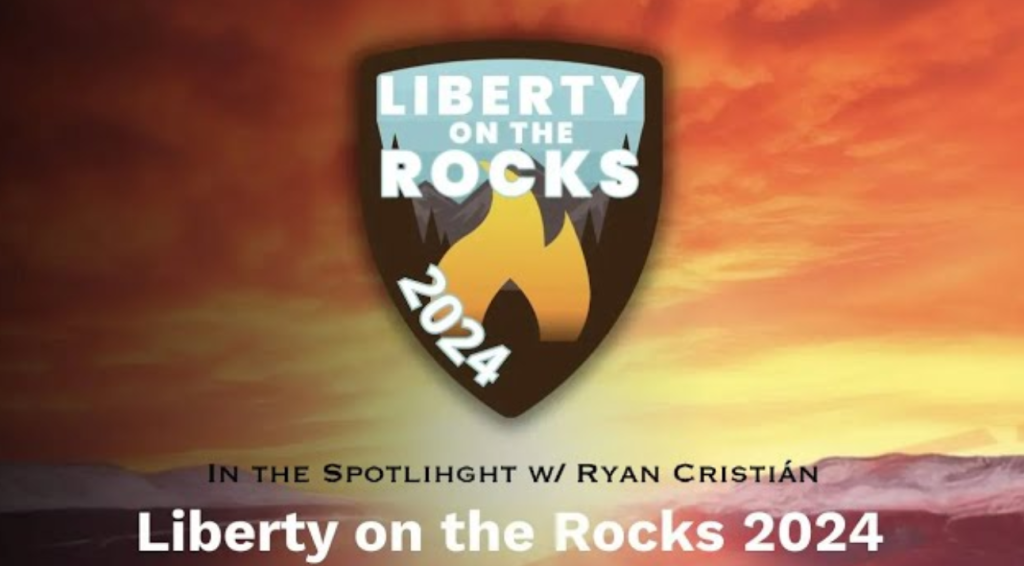In this piece, Ryan Cristián engages in a thought-provoking conversation with speakers from the Liberty On The Rocks event, which highlights critical perspectives on the current socio-political climate in America and worldwide. The dialogue centers around the theme of authority, prompting participants to reflect on how the conventional understanding of power is often an illusion, and how recognizing this can lead to a more authentic society. The discussions at the event signify a pivotal moment in contemporary discourse, as growing segments of the population awaken to the discrepancies between perceived authority and actual societal conditions.
Cristián’s insights are rooted in his commitment to delivering honest journalism, free from the embellishments typically found in mainstream media. His dialogue reflects a genuine desire for clarity and truth in a world that often seems clouded by misinformation and sensationalism. Awarded the Serena Shim Award for Uncompromising Integrity in Journalism, Cristián embodies a new wave of journalists who hold themselves to higher standards of accountability and integrity, pushing back against the corporate media’s tendency to prioritize profit over authenticity. His approach resonates with audiences tired of the manipulative nature of traditional news cycles, offering instead a rational perspective that seeks to illuminate the truth.
As the interview progresses, it delves deeper into the philosophical questions surrounding authority and governance. Cristián and his guests explore the implications of a society that questions its foundational structures—what would life look like if authority were understood as ephemeral? This inquiry leads them to speculate on the opportunities for a more liberated existence, one that is less encumbered by hierarchical constraints. The conversations at Liberty On The Rocks create a space to articulate not just the problems with existing systems but also the potential pathways toward more egalitarian forms of organization that can foster community and shared responsibility.
Throughout the discussion, there is an undercurrent of urgency, as the speakers emphasize the importance of individual engagement in the fight for truth and transparency. The awareness that many Americans and global citizens are beginning to experience suggests a collective awakening to these ideas, fostering a camaraderie rooted in shared values of freedom, peace, and personal integrity. Cristián posits that genuine change begins with each individual recognizing their own power and ability to shape discourse around these issues, encouraging listeners to take active roles in cultivating a society that is both aware and proactive.
Moreover, Cristián’s emphasis on cultivating a community of informed citizens underscores another key theme: the need for transparent communication channels. By fostering environments where information is freely exchanged and critically examined, he believes society can better navigate the complexities of authority and the implications of governance. The call to action resonates throughout the interview, as listeners are invited to participate actively in a movement that seeks truth, supports independent journalism, and ultimately reclaims the narrative from corporate interests.
In conclusion, the Liberty On The Rocks event and Ryan Cristián’s interview serve as significant milestones in the broader dialogue about authority, truth, and societal structures. By challenging the prevalent notions of power and encouraging critical engagement, Cristián and his co-speakers offer a compelling vision of what a more liberated society could look like. The essence of their message is a rallying cry for individuals to awaken to their potential agency, embrace transparency, and seek out truth in a world that often presents a distorted reflection of reality. This dialogue is not merely a reflection of current struggles but a roadmap for future possibilities—one where the absence of illusion can pave the way for genuine empowerment and community.

